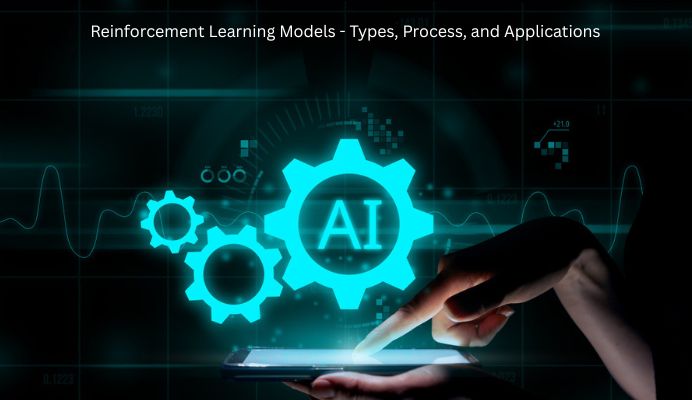
Unlock AI’s Hidden Power to Discover What Consumers Truly Want
In 2025, artificial intelligence (AI) has become a key force in understanding and predicting consumer desires. It’s revolutionizing product development and marketing strategies. By using advanced AI technologies, businesses gain valuable insights into consumer behavior. This allows them to create products and services that resonate with their target audiences.
The Evolution of AI in Consumer Behavior Prediction
AI’s role in predicting consumer behavior has evolved significantly. Advanced machine learning algorithms now analyze vast datasets to uncover intricate patterns in consumer preferences and purchasing habits. This evolution allows companies to anticipate market trends with remarkable accuracy, leading to more effective product development and marketing campaigns.
Key AI Technologies Transforming Consumer Insights
- Predictive Analytics: Utilizing AI-driven predictive analytics, businesses can forecast consumer behaviour, enabling proactive adjustments to product offerings and marketing strategies. This approach boosts the ability to meet consumer needs even before they explicitly express them.
- Additionally, deep learning models process complex data, such as social media interactions and online reviews. As a result, businesses gain a deeper understanding of consumer sentiments and preferences.. This depth of analysis facilitates the creation of highly personalized consumer experiences.
- Natural Language Processing (NLP): NLP enables AI systems to comprehend and interpret human language, allowing businesses to analyse customer feedback, surveys, and social media conversations to extract valuable insights into consumer desires.
Industry Applications and Impact
- Retail: Retailers are leveraging AI to analyze consumer purchasing patterns, optimizing inventory management, and personalizing shopping experiences. This leads to increased customer satisfaction and loyalty.
- Fashion: The fashion industry employs AI to predict upcoming trends by analyzing consumer behavior and social media activity, enabling brands to design products that align with consumer preferences.
- Entertainment: Streaming services utilize AI to recommend content based on individual viewing habits, enhancing user engagement and satisfaction.
Data-Driven Insights
- A recent survey indicates that 88% of marketers are integrating AI into their daily operations, underscoring its significance in understanding and predicting consumer behavior.
- According to PwC, AI adoption in product development has led to a 50% reduction in time-to-market and a 30% decrease in costs for industries like automotive and aerospace.
Conclusion
The integration of AI into consumer behavior prediction is not merely a trend but a transformative shift in how businesses understand and cater to their audiences. By harnessing AI’s capabilities, companies can anticipate consumer desires with unprecedented precision, leading to more successful product development and marketing strategies. As AI technology continues to advance, its role in uncovering and fulfilling consumer needs will become increasingly vital.
Frequently Asked Questions (FAQs)
- How does AI predict consumer behaviour?
AI employs machine learning algorithms to analyse large datasets, identifying patterns and trends in consumer actions and preferences. This analysis enables businesses to forecast future behaviours and tailor their offerings accordingly.
- What are the benefits of using AI in product development?
AI accelerates the product development process by providing insights into consumer needs and preferences, reducing time-to-market, and enhancing the likelihood of product success.
- Can AI replace human intuition in understanding consumer desires?
While AI provides data-driven insights, human intuition remains crucial in interpreting these insights within cultural and emotional contexts. The combination of AI and human expertise leads to more effective consumer understanding.
- What industries are most impacted by AI in consumer behaviour prediction?
Retail, fashion, and entertainment industries are significantly impacted, with AI enabling personalized experiences, trend forecasting, and content recommendations.
- What are the challenges in implementing AI for consumer insights?
Challenges include data privacy concerns, the need for high-quality data, integration with existing systems, and ensuring that AI models are transparent and interpretable.






